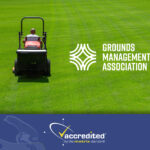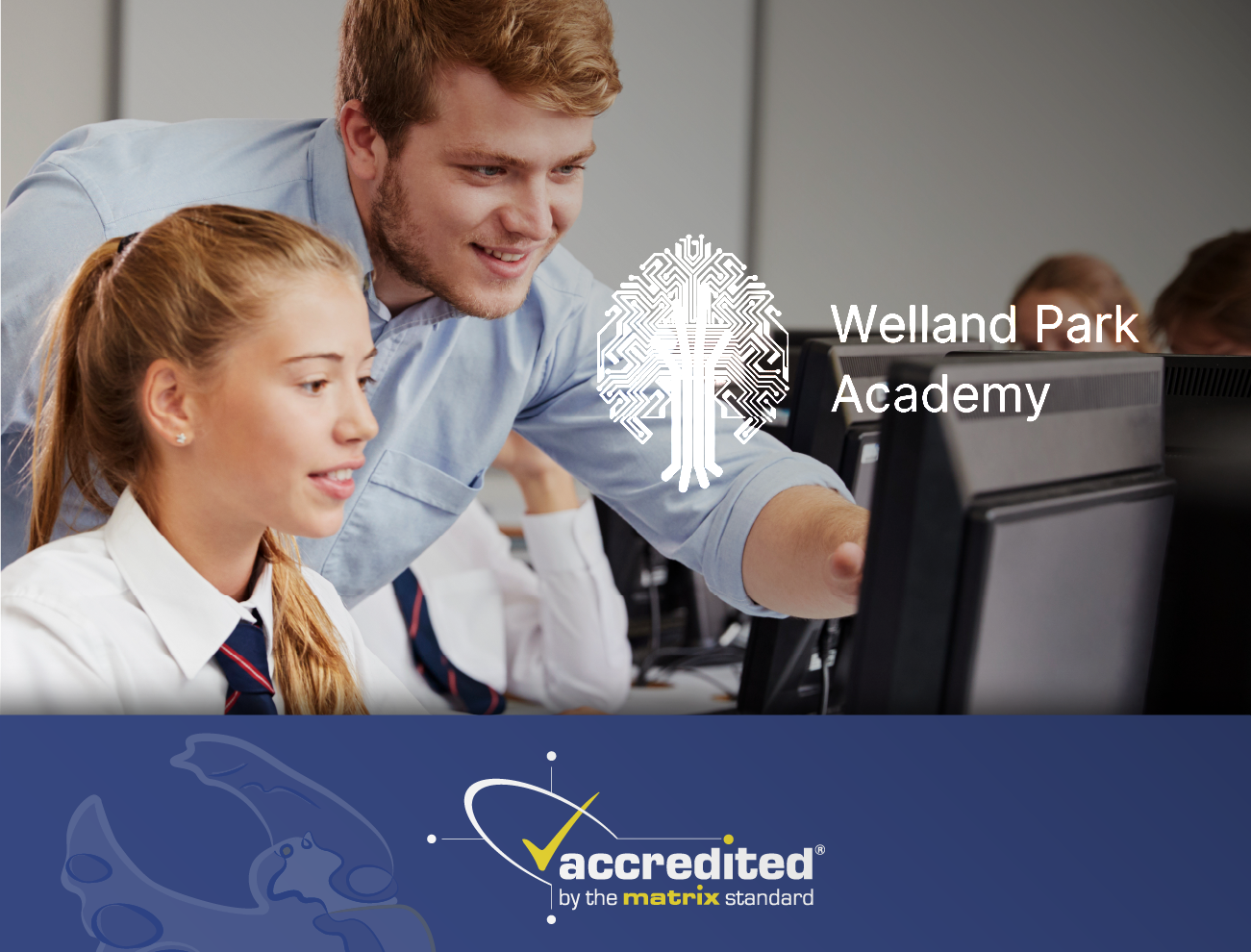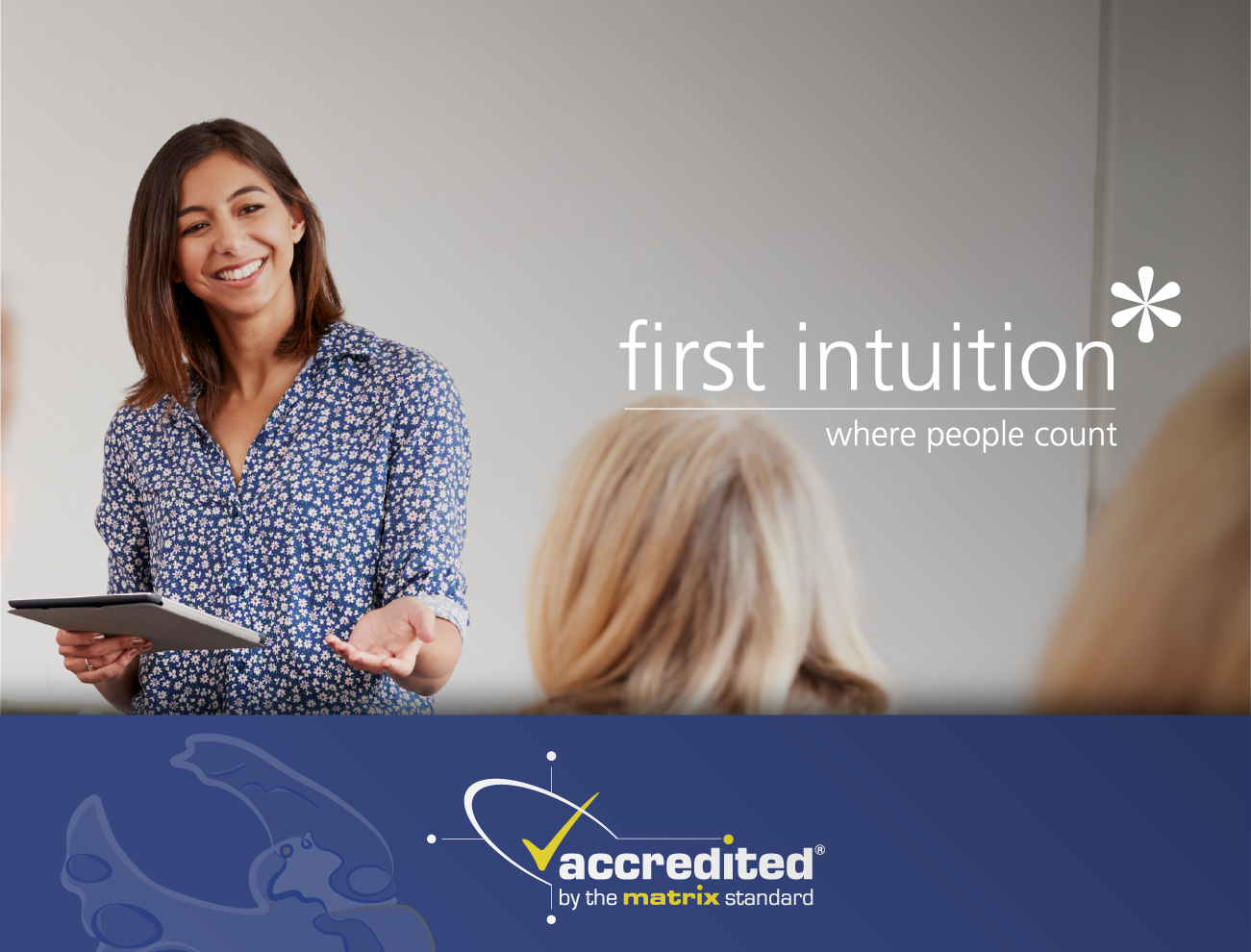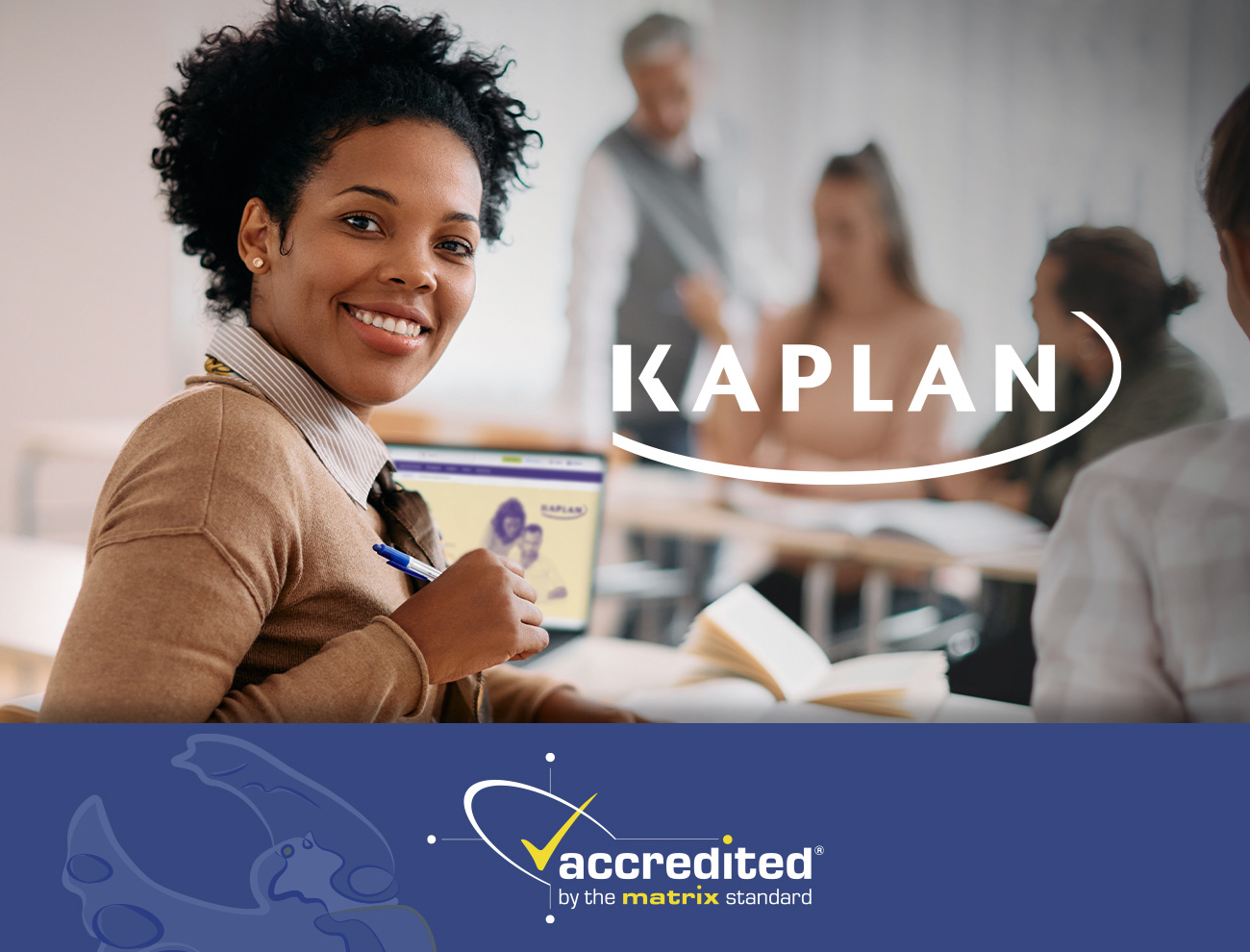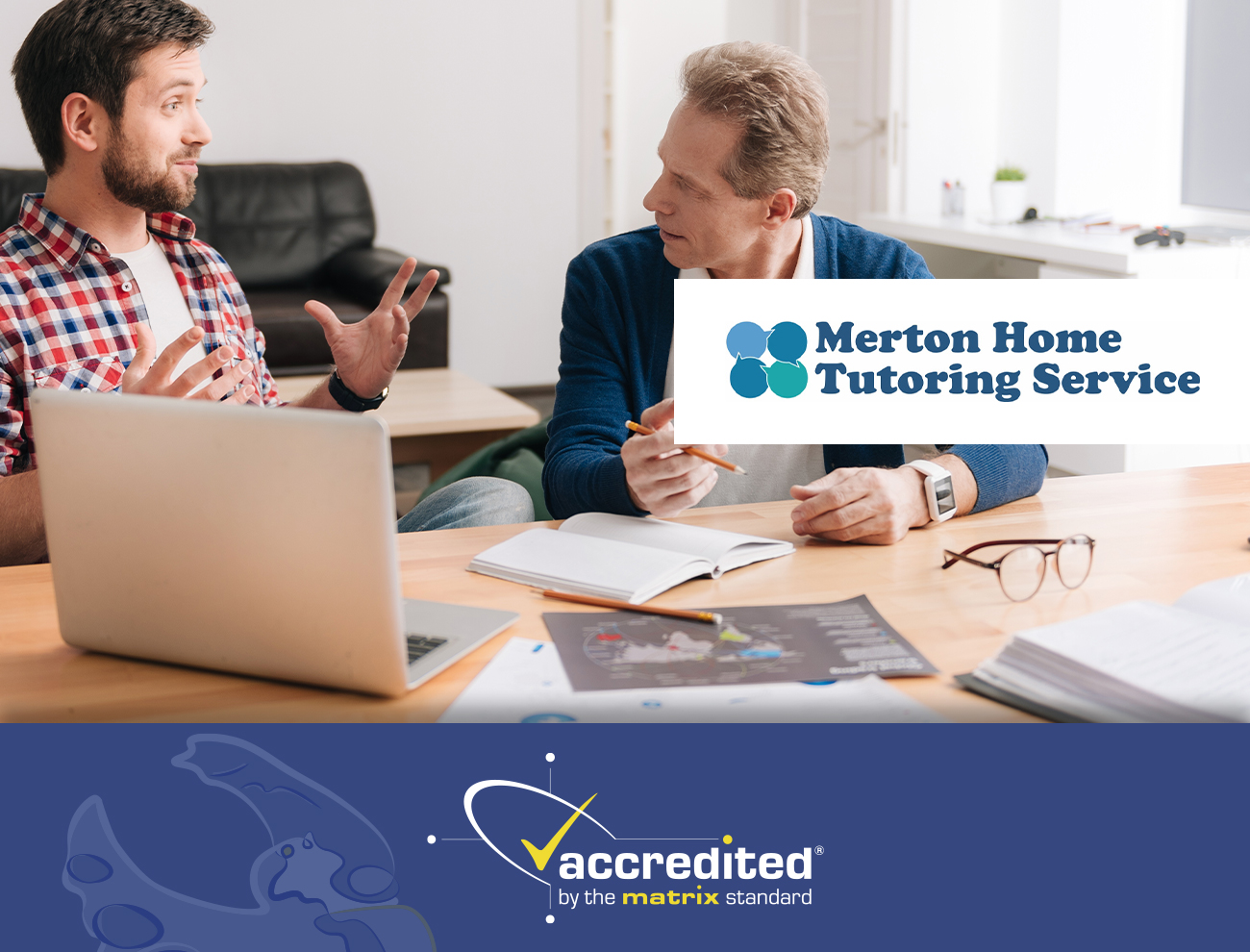
Merton Home Tutoring Service
In 2022, Merton Home Tutoring Services successfully and proudly gained matrix Standard Accreditation for delivering high-quality information, advice, and guidance to their learners. The independent assessor reviewed many of their processes and procedures and interviewed 2 partner organisations, 12 staff and volunteers and 17 MHTS learners.
Merton Home Tutoring Service (MHTS) are a small, independent charity that has been helping people since 2009.
They offer a home tutoring service provided by trained volunteers and offer free English lessons to adults living in and around the London Borough of Merton in small classes which follow the ESOL (English Speakers of Other Languages) curriculum. Last year they taught over 200 adults living in and around Merton, including refugees and migrants, who otherwise may not have been able to access English classes due to many reasons including: language barriers, isolation, deprivation, recent trauma, disability or childcare responsibilities. Whilst the charity started with home tutoring and home learning with trained volunteers, they’re now also delivering over 10 in-person classes a week – some with a creche to support parents with young children. They’ve essentially progressed into a mini school with qualified, sessional teachers.
Heidi Shrimpton Director speaks about their matrix Standard journey, as a charity doing vital work in Merton:
“The matrix Standard has definitely accelerated organisational change. It channels our strategic thinking and activity regarding supporting our learners to succeed on their learning pathway.”
Pre-Assessment Support
During a Strategy Planning Day, the Trustees/leadership team at Merton Home Tutoring Service decided that gaining matrix accreditation was important progression for the charity. In November 2021 Merton Home Tutoring Services chose to work with a licensed matrix Standard Adviser in preparation for the assessment. A facilitated briefing session with designated Trustees and the staff team helped explore and interpret the criteria of the matrix Standard in the specific context of MHTS’ work. The team then completed a self-assessment against the Standard including identifying key documents as evidence, to share with their matrix Standard Advisor. They highlighted potential areas for development or improvement to support them to be assessment ready in a second facilitated staff session in December 2021.
Heidi, why did the charity want to go for matrix Standard Assessment in the first place?
We wanted to consolidate our systems and processes for learners so that it’s a smooth transition from when our students enquire, start learning and progress through the pathway. We haven’t lost sight of why we originally started, which was to reach the most vulnerable people in our community. It was a priority to keep our classes free of charge as we aim to reach people in the most deprived areas in Merton. The next step was to link this to the accreditation. Therefore, in 2021, we developed a refreshed operational strategy to look ahead at our strategic and operational plans for the next few years. The matrix Standard framework itself is a very strong curriculum to follow in terms of what we’re doing, what we’re trying to achieve and our learner journey; it supported our strategy. The framework sat within our wider vision. It encouraged us to review how everything fits together. This then allows us to consider our provision from different viewpoints; from the strategic view, the middle view, and the learner view, providing an insight into how they all interconnect.
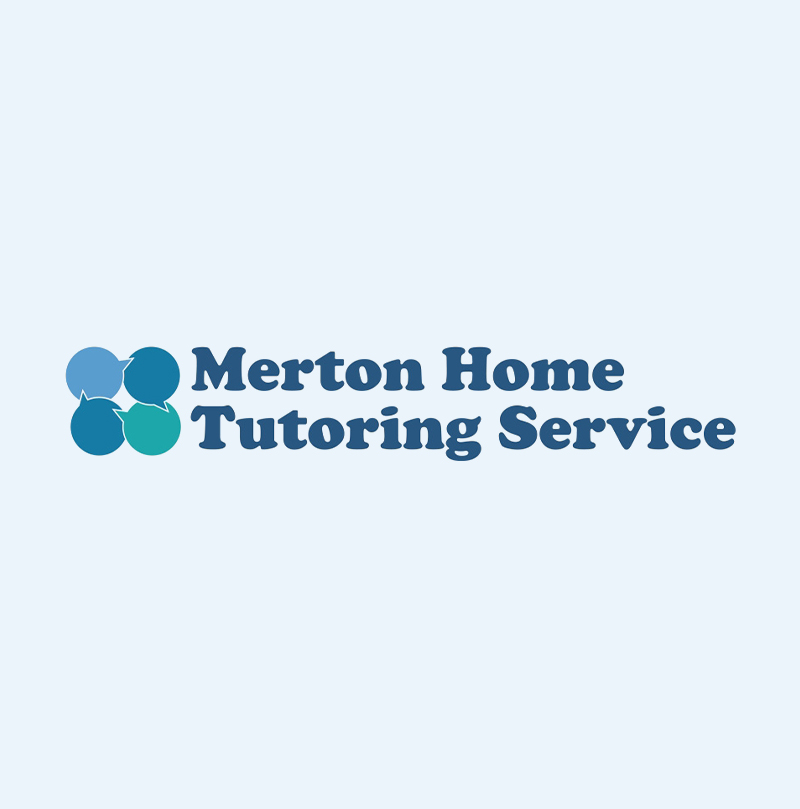
What was the benefit of pre-assessment support?
It was a really valuable process for us as we could clearly identify what we needed for the matrix Standard. Also, it made us aware of where we had development areas. Going through the assessment readiness checklist when we were looking at our operational plan, we were able to visualise what we were doing well and continue to do, and which aspects we needed to build on further.
One aspect the pre-assessment process helped us to develop are the soft skills of the participants, from improved IAG. This involved confidence and independence in the context of making friends and being able to participate in everyday tasks such as using public transport and making an appointment with the Doctor or the teacher at school, on their own with ease. In addition, we encouraged learners to make use of local facilities like libraries. Overall, the quality of their English learning and IAG improved their social interaction and communication skills.
Heidi, did you and your colleagues find the feedback from the assessor valuable?
Yes, we found the feedback highly valuable. We were made aware of the criteria we could build to support our future plans in the assessor feedback – such as building an appraisal system for staff. As a small charity with limited resources, we have to prioritise tasks significantly as unlike a large charity, we don’t have specific staff focussed on each area of operations. However, when you have valuable insight and evaluation, offered by the matrix Standard you are able to strengthen your processes and procedures to enable your charity to become more streamlined. We have seen this happen with our Learner Journey, where the goal posts of each stage are now much more clearly defined.
Do you think this assessment has supported change?
The matrix Standard has definitely accelerated organisational change. It channels our strategic thinking and activity regarding supporting our learners to succeed on their learning pathway. It focuses the mind on what you need to keep remembering and thinking about. Hard and soft outcomes are important. It’s all part of the learning experience because there’s value in people feeling part of the community and it’s not just about attending classes and learning English – it’s guiding learners to feel more confident to make the next step and trying to make English relevant to what’s happening in the world. Our IAG practices need to facilitate community integration. During the year, MHTS has made several improvements to its IAG services due to the assessment. This included implementing a detailed Quality Assurance framework which in turn, led to the development of a new database to record the recipient outcomes effectively.
What would you share with another organisation about the matrix assessment?
One of the developments the assessor specifically identified, as part of our assessment feedback, was to update our vision. They suggested that our website needed an update, to ensure our missions and values are clear. They also suggested we incorporate hyperlinks to additional resources our learners can access for their support. We have now implemented these changes and are pleased with the improvements. Also, for our future development, it’s now an ambition to further develop our internal KPI’s in the areas of learner progression and soft skills. In addition, our investment in online training platforms and other training offerings from our partners has resulted in improved training for our staff and volunteers of the wider issues within the learning environment such as safeguarding and prevent. Managing personal wellbeing and mental health is key to educational attainment. In particular, as some of our learners have experienced some kind of trauma, we can support them by signposting them to further wellbeing support. We looked outside of the organisation for the expertise and invited a well-being organisation to visit us in our classes. This contributes to our continuous improvement check linked to wellbeing and mental health.
Did you celebrate with the team when you achieved accreditation?
We did celebrate! We had an international picnic, with staff and learners together in the park, which was soon after the matrix Standard accreditation. Our learners are proud of what they achieve and proud of our charity, so it was important that everyone joined in the celebration to recognise what we had all achieved with the quality of our information, advice and guidance service recognised by matrix Standard.
Thank you to Heidi Shrimpton for sharing her journey with the matrix Standard. It is great to hear that the framework has truly been embedded in the organisation and will continue to support their future plans, helping them to benefit the lives of staff, volunteers, employers, partners, and learners.
The image above features Merton Home Tutoring Service’s learners. We wish to thank these learners for allowing us to use their pictures.
If you would like more information about starting your matrix Standard journey, book an appointment with one of our trusted advisors today.Thanks to the GMA team for #makingIAGbetter.



